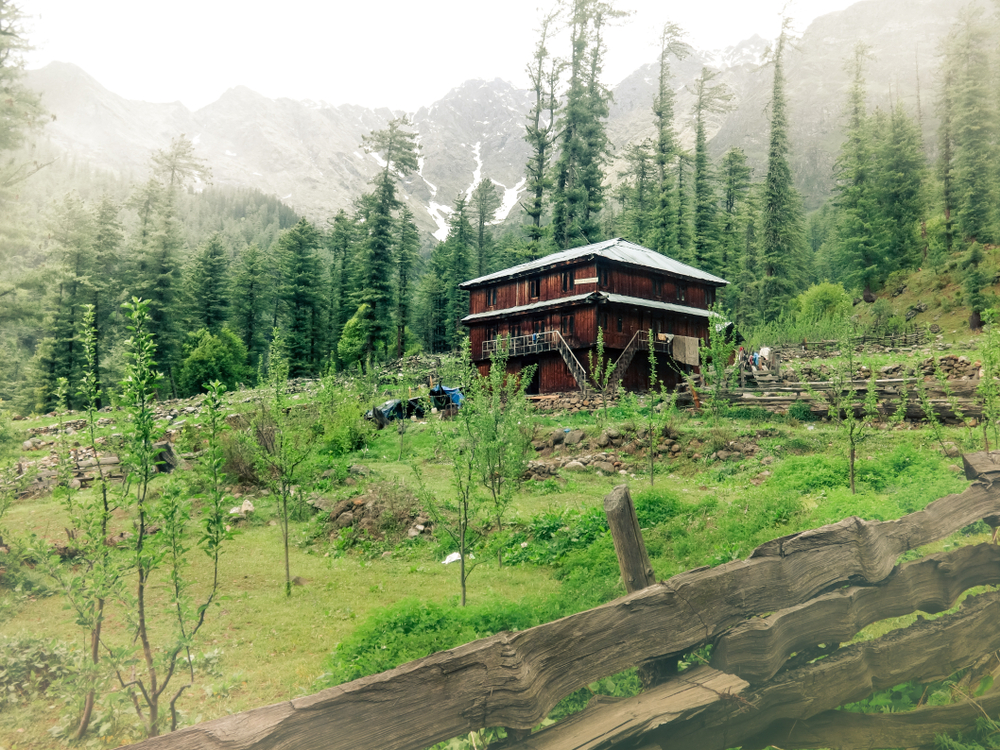Sustainable Home Features in 2025: Solar, Water Conservation, and Climate Resilience
By Marcie Lowery
October 3, 2025 at 9:23 AM CDT
Explore the top sustainable features reshaping real estate in 2025, from solar systems to drought-tolerant landscapes. Discover how these innovations are not only eco-friendly but enhance home value and resilience. Dive in to learn more about building a greener future!

In the ever-evolving real estate landscape of 2025, buyers are not only considering location and aesthetics but are increasingly placing a premium on sustainability, resilience, and "green" home features. As concerns about climate change, energy costs, and water conservation become more prominent, homeowners and buyers are actively seeking properties that reflect these priorities. Let's delve into some of the key sustainable and resilient home features that are in high demand today.
One of the most sought-after features in modern homes is the integration of solar and battery systems. Solar panels are no longer mere additions but have become essential elements of home design. Coupled with battery storage systems, these installations allow homeowners to harness and utilize solar energy efficiently, ensuring that they have a reliable power source even during grid outages. This not only leads to significant utility savings but also enhances a home's energy resilience.
Water conservation is another critical aspect of sustainable living, with water catchment systems gaining popularity. Rainwater harvesting systems enable homeowners to collect and store rainwater for irrigation and even indoor use, reducing reliance on municipal water supplies. Homes equipped with such systems are particularly appealing in regions where water scarcity and drought are concerns.
Landscaping has also seen a shift towards being more environmentally conscious. Drought-tolerant landscaping involves the use of native plants and grasses that require minimal watering, which not only conserves water but also creates a low-maintenance and attractive outdoor space. These landscapes are designed to thrive in local climate conditions, making them a practical choice for sustainable-minded homeowners.
In terms of home design, passive design strategies are at the forefront of sustainable construction. By optimizing natural light, ventilation, and thermal mass, passive design helps maintain comfortable indoor temperatures year-round while minimizing the need for active heating and cooling systems. Homebuyers are increasingly appreciating these designs for their ability to reduce energy reliance and enhance living comfort.
An important consideration in home sustainability is climate resilience. Insulation upgrades play a vital role in this, with modern materials providing better thermal performance to reduce energy consumption. Additionally, flood barriers and other protective measures are becoming crucial in areas susceptible to extreme weather events. These features not only protect homes from potential damage but also offer peace of mind to homeowners.
As the housing market evolves, buyers are increasingly prioritizing utility savings and durability. They seek homes that provide not only financial savings through reduced bills but also long-term sustainability and resilience. By incorporating these green features, homeowners can significantly enhance their property's value and appeal to discerning buyers in 2025.
For more information on how you can find a home that meets your green and sustainable living goals, contact Marcie Lowery at Realty Texas. Reach out via phone at 903-626-0060 or email marcie-lowery@realtytexas.com. You can also visit the website at marcie-lowery.realtytexas.com.
Disclaimer: The information provided in this article is for general informational purposes only. It should not be considered legal, financial, or professional advice. All opinions are based on current market trends and may be subject to changes. For specific advice regarding your personal circumstances, please consult with a qualified professional.

Comment